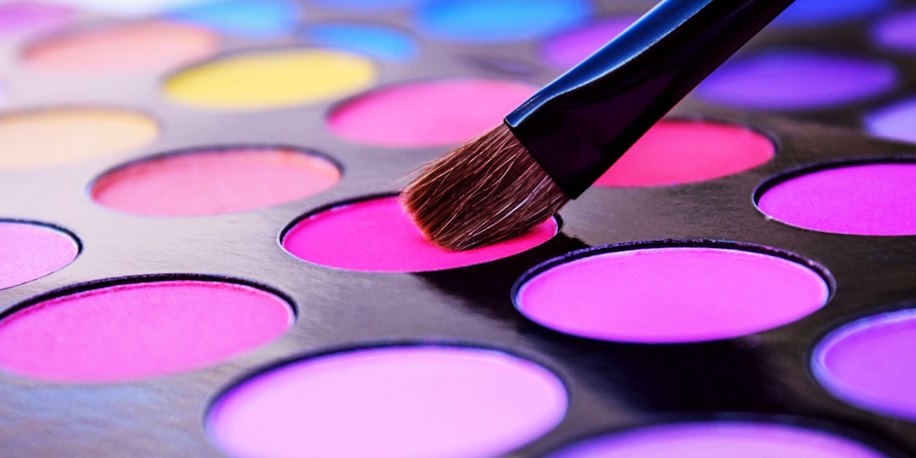Makeup has been integral to human civilization for centuries, allowing individuals to express their creativity, enhance their features, and boost confidence. However, as the beauty industry evolves, so does our understanding of the potential long-term effects of consistent makeup use. Recent research has shed light on the connection between certain makeup ingredients and chronic health issues, prompting a closer examination of our beauty routines.
Ingredient Awareness
One of the key factors in understanding the long-term effects of makeup is a deep dive into the ingredients that constitute these cosmetic products. Studies have shown that some common makeup ingredients, such as parabens, phthalates, and heavy metals, may pose potential health risks when consistently applied to the skin. Parabens, known for their preservative properties, have been associated with disruptions in the endocrine system, while phthalates, commonly found in fragrances, have been linked to reproductive issues.
Though present in trace amounts, heavy metals like lead and mercury can accumulate over time, leading to severe health consequences. Continuous exposure to these substances raises concerns about the development of chronic health issues, making ingredient awareness a crucial aspect of responsible makeup use.

Research Findings
Scientific studies exploring the link between makeup ingredients and chronic health issues have gained momentum in recent years. Research has shown that prolonged exposure to certain chemicals found in makeup can contribute to conditions such as skin allergies, hormonal imbalances, and even an increased risk of certain cancers. These findings emphasize the importance of informed choices when selecting cosmetic products.
Moreover, makeup users are encouraged to stay updated on the latest research to make educated decisions about the products they apply to their skin regularly. Understanding the potential risks associated with specific makeup ingredients empowers individuals to prioritize their health without compromising their love for cosmetics.
Frequency of Use and Proper Removal Practices
Another critical aspect in assessing the long-term effects of makeup use is the frequency of application and the removal process. Regular, prolonged use of makeup without adequate cleansing can lead to clogged pores, skin irritation, and premature aging. Proper makeup removal is essential to prevent the accumulation of product residues and potential adverse effects on the skin.

